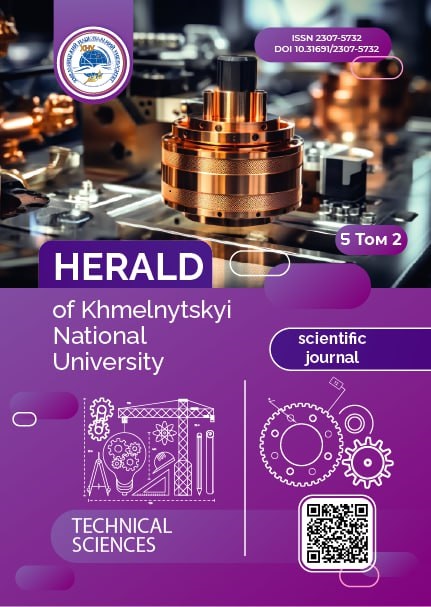METHODS OF INTEGRATING ONTOLOGY-ORIENTED MULTI-AGENT SYSTEMS INTO A HYBRID EDUCATIONAL ENVIRONMENT
DOI:
https://doi.org/10.31891/2307-5732-2025-357-85Keywords:
adaptive distributed educational platforms, hybrid search system, ontologies, software engineering, multi-agent approach, component architectureAbstract
This paper introduces a comprehensive methodology for developing a multi-agent ontology-oriented hybrid search system tailored for adaptive distributed educational platforms. The proposed system addresses a key challenge in modern e-learning ecosystems – heterogeneity and fragmentation of metadata across online and offline educational resources. Traditional keyword-based search mechanisms and monolithic architectures lack the flexibility and semantic depth required to deliver personalized learning experiences in hybrid environments. To overcome these limitations, the authors propose a component-based multi-agent architecture that integrates semantic ontologies with descriptor-based models through a comparator identification method. The system architecture is based on five specialized agent types (crawler, local scanner, evaluator, indexer, and coordinator), each performing distinct roles in the unified search pipeline. The crawler processes metadata from online repositories using LOM and SCORM standards, while the local scanner indexes offline documents (PDF, DOCX) following Dublin Core principles. The evaluator applies a hybrid relevance scoring method that combines semantic similarity derived from ontological structures and cosine similarity of TF-IDF vectors. The indexer constructs RDF triplets for inclusion in a unified knowledge base, while the coordinator orchestrates the flow of queries across agents and balances online/offline resource processing. A key innovation lies in the dual-layered ontology model comprising a general-purpose ontology and discipline-specific ontologies. This layered structure enables both broad classification of resources and fine-grained semantic filtering based on domain-specific knowledge. The system's comparator predicate for document relevance incorporates not only ontological and statistical metrics but also contextual popularity, allowing for dynamic adaptation based on user behavior patterns and query histories. To validate the approach, a working prototype was developed using FastAPI (backend), RabbitMQ (message broker), PostgreSQL (storage), and OWL API (ontology processing). A hybrid testing environment with 3500 online articles and 700 local educational resources was deployed. Comparative evaluation demonstrated a 37% improvement in Precision@10 for the hybrid search mode (0.81 vs. 0.59 for TF-IDF only), with a manageable 19% increase in average response time (794 ms vs. 668 ms). Despite its advantages, the architecture faces challenges in ontology synchronization, semantic disambiguation across heterogeneous schemas, and computational scalability. Nevertheless, the presented results strongly support the feasibility of integrating multi-agent systems with ontological models to enhance the semantic relevance and adaptability of hybrid educational search platforms. Future directions include optimizing query latency through caching strategies, behavioral analytics for adaptive weighting, and expanding mobile/offline capabilities to support learning in low-connectivity regions.
Downloads
Published
Issue
Section
License
Copyright (c) 2025 ОЛЕКСІЙ ШАПИРО, ІГОР ШУБІН (Автор)

This work is licensed under a Creative Commons Attribution 4.0 International License.

